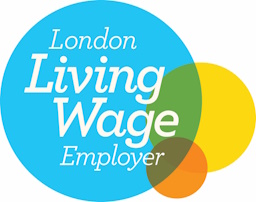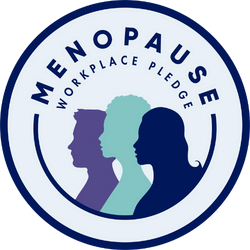Skills
HR, Employment and Skills Forum
The post Covid workplace – evolution or revolution?
A blog by Caroline Brown
Chair of Staffordshire Chambers of Commerce HR, Employment and Skills Forum
‘It will be nice to get back to normal again.’ You hear it all the time.
The truth is that post-Covid-19, normal as we know it will not exist, normal will be what we decide we want it to be.
The pandemic and the enforced lockdown pushed us all into new ways of working in a matter of days. Bringing on changes that were seen as years or even decades away.
The Staffordshire Chambers of Commerce HR, Employment and Skills Forum has been considering the impact of the pandemic on organisational and operational models.
We have discussed the effects on the place of work, re-writing HR policy documents, leadership and management in a virtual/hybrid world, health and safety implications, frontline worker recovery, the skills agenda, resource implications and much more.
A recent report from the CIPD entitled Embedding new ways of working post-pandemic shows that some 40 percent of employers said they expect more than half their workforce to work regularly from home after the pandemic has ended. According to data from the Office of National Statistics, prior to COVID-19 only around five percent of the workforce worked mainly from home. The pandemic, and government mandates for people to stay at home, increased this significantly. However, according to CIPD research, before the pandemic, 65 percent of employers either did not offer regular working from home at all or offered it to 10 percent or less of their workforce. After the crisis, that 65 percent is expected to fall dramatically to 37 percent. This represents a significant shift in ways of working which organisations will need to prepare for. You can read the full CIPD report here: https://bit.ly/3ee0Ntu
Every organisation, small, medium, or large needs to review and evaluate their aims and formulate a policy to deal with this. There is no single way to implement hybrid working, and its exact form is likely to vary from organisation to organisation. The priority of the HR, Employment and Skills Forum, therefore, is to look at potential approaches towards a more hybrid future, considering the who, what where, when, and how approach.
The Chambers have a wealth of resource and tools for managers to help in shaping employment policy including the Quest online HR policy manual and dedicated helpline.
I would personally like to offer an invitation to anyone involved in HR and people management to come along to the forum get involved in the discussion. This is a crucial time for business, but if we get this right, it will have a such a positive impact on both the way we work and the local economy.
Everything I have talked about so far will be underpinned by having the right skills, for managers and employees. Suzanne Quinn from the Stoke-on-Trent and Staffordshire Skills Hub sits on the forum and she relies heavily on input from local organisations to shape their offering. The forum offers the ideal platform to shape the skills agenda.
If you would like to find out more about what we do or are considering joining the HR, Employment and Skills Forum, please email Suzanne Quinn: suzanne.quinn@staffordshirechambers.co.uk
If you want to talk about any business issues, you can call the Chambers switchboard on 01782 202222 or call the Stoke and Staffs Growth Hub Helpline on 0300 111 8002 or email: info@staffordshirechambers.co.uk
To join the Forum discussion click here Hot Topics — Staffordshire Chambers of Commerce
- Published in News
Positive Pathways
Positive Pathways is a business start-up and employability skills programme specifically designed to support refugees and their starting business ambitions run by Polly Hargreaves.
- Published in Start-Up & Grow
The Kickstart Scheme
As part of the Chancellor’s Plan for Jobs in response to increasing job insecurity and the climbing rates of unemployment, the £2billion Kickstart Scheme is underway helping people get back into work.
Young people have been one of the demographics hit hardest by the Coronavirus, with around 8,500 young people in Staffordshire currently on Universal Credit.
If you can offer new, 6-month placements to help young people aged 16-24 develop new skills and experience, the Government will cover 100 percent of employment costs.
Employers will be paid the National Minimum Wage for 25 hours of work per week, plus National Insurance and Auto Enrolment Pension contributions. There is also a £1,500 grant per placement to help with set up and providing training to your placement.
Open to any size business, this is your opportunity to identify talent and work with them at no cost to your business!
- Published in Staff & HR, Start-Up & Grow











